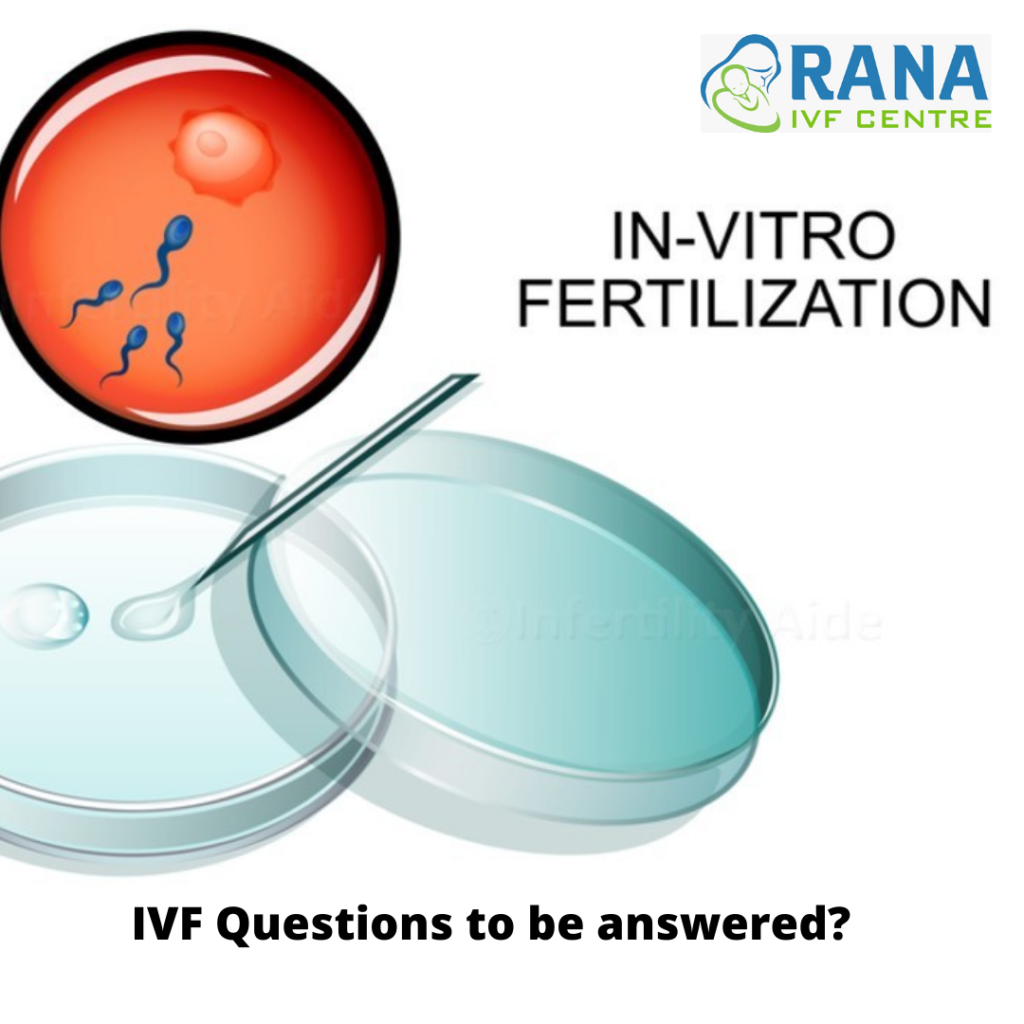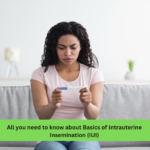Top IVF Questions to be answered!
Although infertility is unfortunate, it is not very rare. The number of couples suffering from it and seeking a remedy is surprising. In-vitro fertilization or IVF is one such scientific procedure that has gained a lot of popularity in recent times. More and more people are accepting it as a method to fulfill their dreams of having a baby and extending their family. However, there is always some skepticism surrounding it. These are some of the frequent questions that are asked concerning IVF which needs answering for a better understanding of the topic.
What is IVF treatment and how does it work?
IVF treatment involves the isolation of eggs and sperm from the female and male partners respectively and then fertilizing it artificially under a controlled environment. A thin-bore needle is inserted through the top part of the vagina up to the ovaries and the eggs are retrieved. Getting sperm from the male is relatively easy. Once the fertilization is done, an expert checks the embryo and transfers the best one to the uterus of the female. In conditions where the virility and mobility of the sperm are compromised, a process where intracytoplasmic injections are given directly into the eggs in-vitro is followed. Both processes have a success rate as far as fertilization is concerned. The difference just lies in the indications for it.
Is the IVF procedure painful?
The answer is No. There is no invasive procedure involved in IVF as such. A thin needle is inserted into the vagina either to extract the egg or for an intracytoplasmic injection. One might feel slight discomfort or cramps 30 minutes after the procedure but it subsides in no time. In case you will feel any pain during the procedure, you should report it to the doctor immediately.
What other procedures can be combined with IVF?
Like mentioned before, in-vitro fertilization involves facilitating the process of fertilization in a Petri dish under a controlled environment. However, there might be some problems with the sperm. In such a scenario, an intracytoplasmic injection which involves the direct injection of sperm into the egg of the female can also be done other than IVF. This genuinely increases the chances of pregnancy. Laser hatching can be used in patients who have had recurrent implantation failures and who have advanced age. This process helps the embryo to come out of its shell and thus facilitates implantation.
Does IVF lead to twins and multiple births?
Since IVF is a voluntary and controlled fertilization process, chances of multiple births and twins are generally under the control of the doctor itself. Therefore, it cannot be said that it occurs all the time naturally but it is induced by transferring back multiple embryos into the uterus. The chance of having twins is relatively less. It can happen when the embryo divides into two.
Am I too old for IVF?
If you look at the upper limit for IVF, ideally it should be within 42-45 years old. If a female is above that age, she should seek out for a younger donor for more chances of success.
Conclusion
Infertility is something that can be addressed conveniently these days. There are many specialized clinics for the same. They have been highly successful in different places. The success rate of Rana Fertility Centre is 60% and numbers such as these are seen quite frequently. Therefore, IVF is a procedure that couples can try out without any risk whatsoever.






No Comments